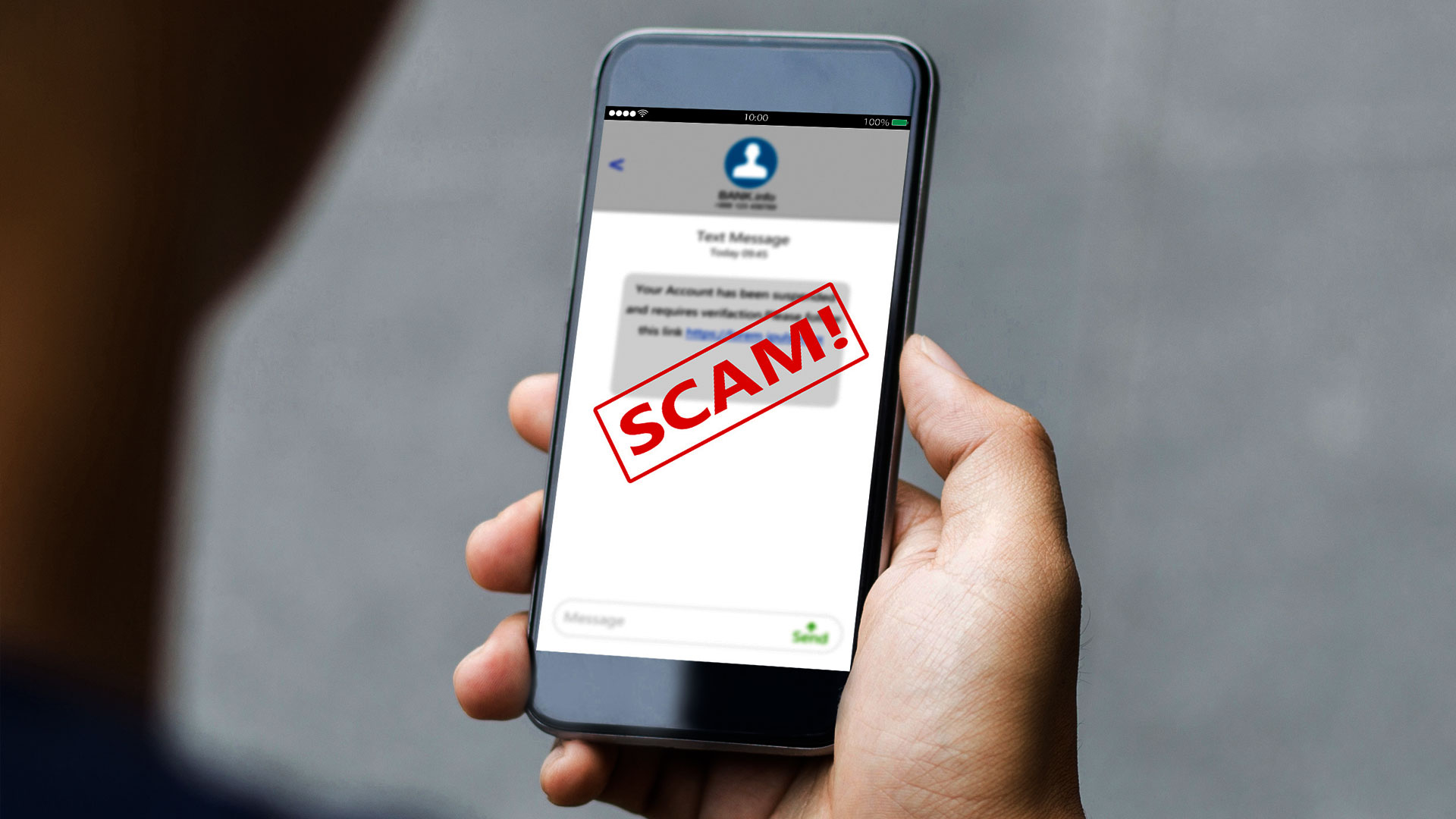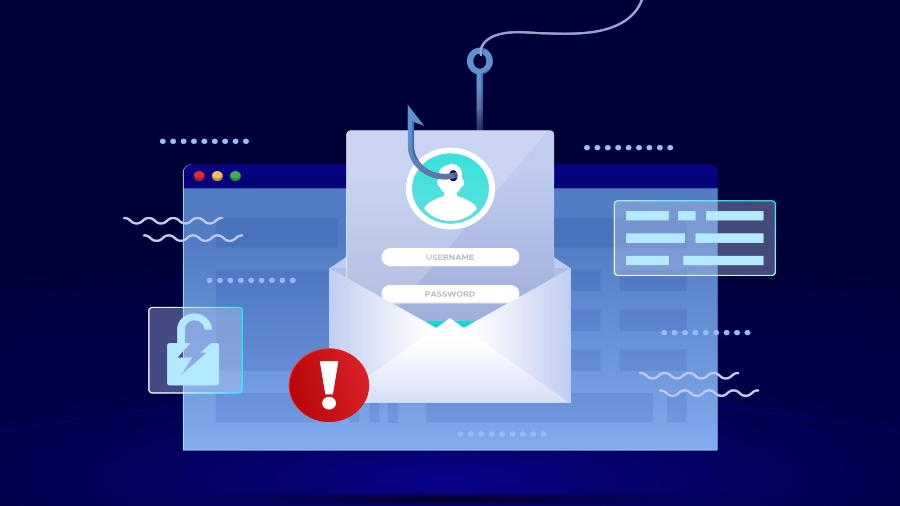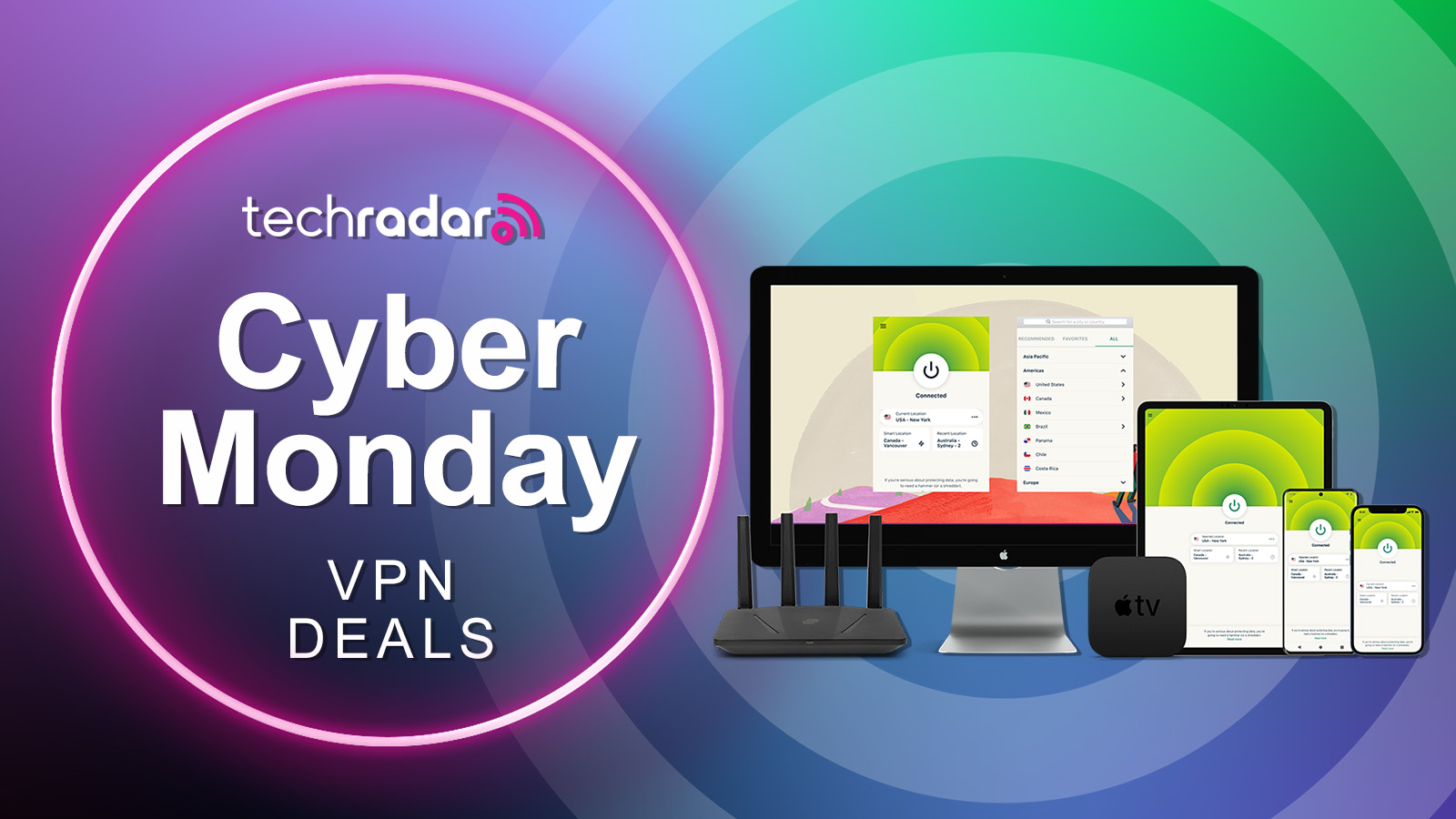Not just deals, Cyber Monday scams are also here – these are 4 red flags to watch out for
Follow these tips to avoid falling victim to fake shops and phishing scams

With the Black Friday weekend now gone, you still have just until the end of the day to hunt for some great Cyber Monday deals. Shoppers aren't the only ones looking to get the most out of the last hours of discounted shopping, though, scammers are optimizing all the chances to steal your money, too.
Recent research conducted by the best VPN provider on the market found, in fact, a 35% increase in consumer attempts to visit fake shops in October compared to September. These numbers have likely grown even further around Black Friday and Cyber Monday shopping fever.
"Cybercriminals use AI-based tools to quickly, easily, and efficiently create fake shops and increase their capabilities to scam people looking for the best deals," said Adrianus Warmenhoven, a cybersecurity advisor at NordVPN. Alongside fake online shops, scammers also use phishing messages to trick you into clicking on dangerous websites.
Whether you're looking to buy a new TV, subscribe to the best Cyber Monday VPN deal, or make the most of other discounts, below are the main Cyber Monday scams' red flags to look out for and some tools to make your online shopping safer.
1. Too good to be true
As a rule of thumb, when a deal sounds too good to be true, well, it is – and the same thing applies to Black Friday and Cyber Monday sales.
Beware as scammers may advertise incredible (but fake) offers on different platforms, from social media to unsolicited emails and messages. It goes without saying that these incidents are likely to become more frequent during the height of the shopping season.

2. Suspicious messages
Emails and SMS are the most common way for scammers to spread phishing attacks. Cyber Monday provides them with even more chances to prompt victims into clicking on malicious links, urging them not to miss out on time-sensitive deals.
Fake account verification, order confirmation, and delivery notifications are the most common tactics in a scammer's arsenal – so beware of these messages, especially when you cannot recognize the sender. If you aren't sure, directly double-check with the company you have placed your order with.
3. Dodgy-looking websites
AI-powered tools like ChatGPT have been helping cybercriminals craft fake shops or phishing emails that look just like their legitimate counterparts. However, there are still some red flags to look out for that'll uncover these malicious websites.
For starters, you should check that the domain name of the store is legitimate. Dodgy websites are also generally characterized by an amateurish design, grammar mistakes, and poor spelling. If you aren't sure, check the reviews and contact sections to see if they look like the real deal.

4. Unusual payment methods
The offer seems legit and so does the website. While you may be ready to finalize your purchase at this stage, there's still one detail to check before pressing the "buy it now" button – the payment methods.
You should avoid transferring money via unusual methods like cryptocurrency or gift cards – especially if these are the only options available. Remember that your bank card or services like PayPal generally cover you against financial loss when you fall victim to a scam.
How to protect yourself from Cyber Monday scams
As mentioned earlier, AI helps criminals build even more convincing online scams. So, spotting Cyber Monday red flags isn't always easy. Luckily, there are tools you can use to help discern between fake and legitimate offers when shopping online.
Virtual private network (VPN) services boost your privacy online, but some of them can also help defend against phishing and malware.

If you haven't one already, Cyber Monday is the best time of the year to get a new VPN service. Some of the top providers have seriously chopped their prices, too, so go check out our Cyber Monday VPN deals hub before it's too late.
NordVPN Threat Protection Pro, for example, came out as the best in blocking malware and phishing during our last round of testing.
If you aren't sure about a link, you should copy and paste it into a link checker tool before clicking on it to make sure is safe to do so. These services are often free to use, including the one developed by NordVPN and IPVanish.
Enabling two-factor authentication is also advantageous in case your account gets compromised. Beware that getting an unsolicited verification notification could mean that someone is trying to access your account. If so, you should change your password as soon as possible. A reliable password manager tool can also help you find a strong option and stay on top of all your login details within a couple of clicks.

Chiara is a multimedia journalist committed to covering stories to help promote the rights and denounce the abuses of the digital side of life – wherever cybersecurity, markets, and politics tangle up. She believes an open, uncensored, and private internet is a basic human need and wants to use her knowledge of VPNs to help readers take back control. She writes news, interviews, and analysis on data privacy, online censorship, digital rights, tech policies, and security software, with a special focus on VPNs, for TechRadar and TechRadar Pro. Got a story, tip-off, or something tech-interesting to say? Reach out to chiara.castro@futurenet.com